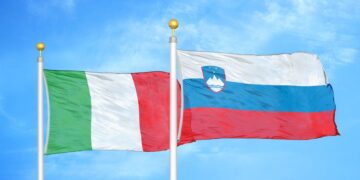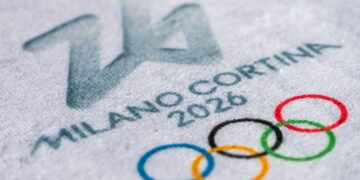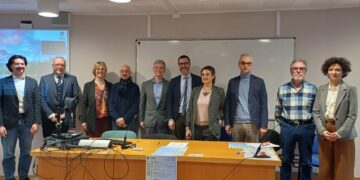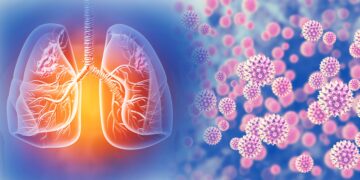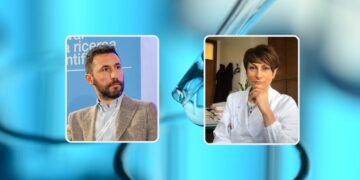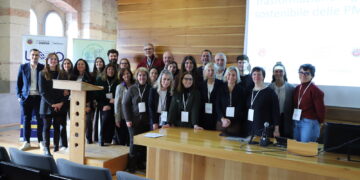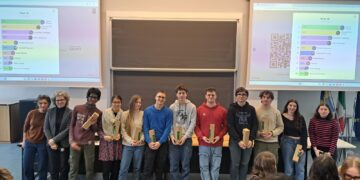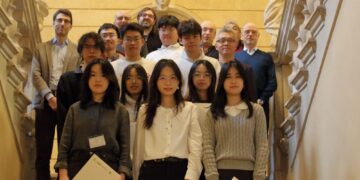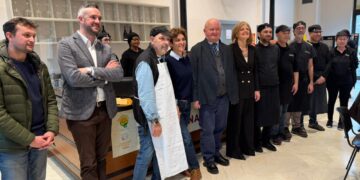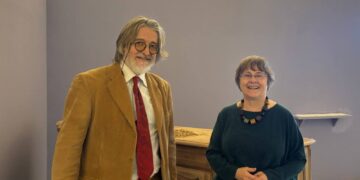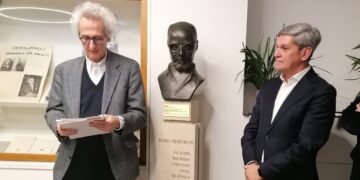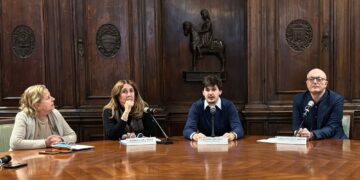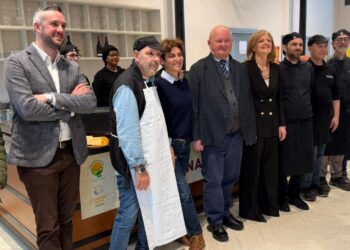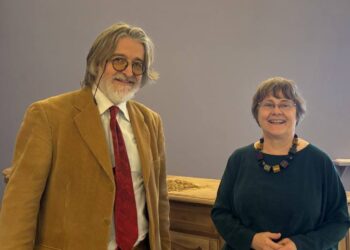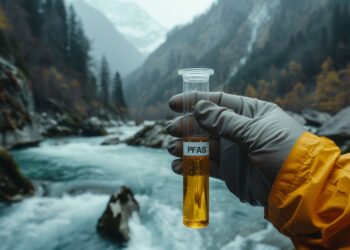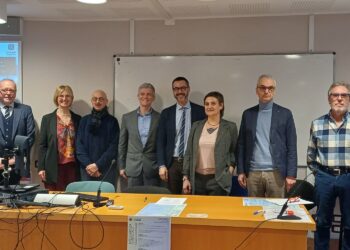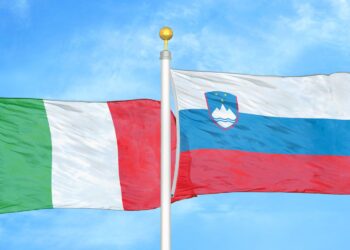The ARC-Net research Centre of the University of Verona, led by Prof Aldo Scarpa and Dr Vincenzo Corbo, contributes to an international effort for the generation of new organ-like cancer models, termed organoids, which enable to grow neoplastic cells as three-dimensional structures. This innovative culture system holds promise for accelerating the identification of new diagnostic markers and the development of novel therapeutic strategies against cancer.
Organoids can be generated starting from both neoplastic and non-neoplastic tissues, and have the clear advantage over traditional culture systems of recapitulating the tumors from which they are derived in terms of morphology and genetics. These models can be easily subjected to genetic manipulation using the new methodology of Crispr/Cas9 and they can be used to test new pharmacological treatments. The project is led by Dr David Tuveson, Director of Cancer Center of Cold Spring Harbor Laboratory (CSHL, NY, USA), who has been awarded the research subcontract from Leidos Biomedical Research, Inc., which operates the Frederick National Laboratory for Cancer Research for the National Cancer Institute (NCI). This project is being financed 100% with Federal Funds, sponsored by NCI, part of the National Institutes of Health (NIH), USA. Dr Tuveson will coordinate an international group involving the Italian Center, Dr Hans Clevers from Hubrecht University, Dr James Crawford of Northwell Health, and Dr Peter Gregersen of Northwell’s Feinstein Institute for Medical Research, to function as a Cancer Model Development Center (CMDC), for the Human Cancer Models Initiative (HCMI, https://ocg.cancer.gov/programs/HCMI), a component of the US Beau Biden Cancer Moonshot℠.
As a CMDC, CSHL led group will establish up to 150 organoid models from different solid tumors (breast, colorectal, pancreatic and lung tumors), contributing to a larger international effort (HCMI) to generate 1,000 new cancer models. The HCMI was announced in July 2016 by the NCI, Wellcome Trust Sanger Institute in the United Kingdom (UK), Cancer Research UK, and the foundation Hubrecht Organoid Technology. In support of the project, the ARC-Net team will leverage the biobanking infrastructure coordinated by Dr. Rita T. Lawlor at ARC-Net. ”We are very proud to be part of this international research group,” said Dr. Corbo. “This collaboration brings together world-leading expertise in cancer genomics and cancer modeling with the potential of accelerating the implementation of personalized medicine. We see an unprecedented opportunity to develop better models of cancers that will enable researchers to interrogate the wealth of genomic information available today for the rational development of cancer therapeutics.”
The groups participating in this initiative aim to speed up development of new models with associated anonymized clinical information and sequencing data that will be available to the scientific community. The goal is to give scientists around the world access to the best resources to be able to easily study all types of cancer. These new cell models could transform how we study cancer, including how diseases progress, and could help to develop better treatments for patients.
Frederick National Laboratory for Cancer Research: The Frederick National Lab is dedicated to improving human health through discovery and innovation in the biomedical sciences, focusing on cancer, AIDS, and emerging infectious diseases. The lab is headquartered 50 miles north of Washington, D.C., in Frederick, Md., and is sponsored by the NCI, part of the U.S. NIH.
ARC-Net: ARC-Net is a university research centre that was established in 2007 through a joint initiative between the University of Verona, the University Hospital Trust of Verona and the Cariverona Foundation. ARC-Net represents Italy in the International Cancer Genome Consortium where the Centre coordinates the effort of the Italian Pancreatic Cancer Genome Project to the molecular characterization of rare pancreatic tumors. ARC-Net is organized into 5 core facilities platforms, which include a cancer tissue biobank that collects biological material and associated clinical, pathological and epidemiological data. To date the biobank has material from over 5,000 consented patients.

